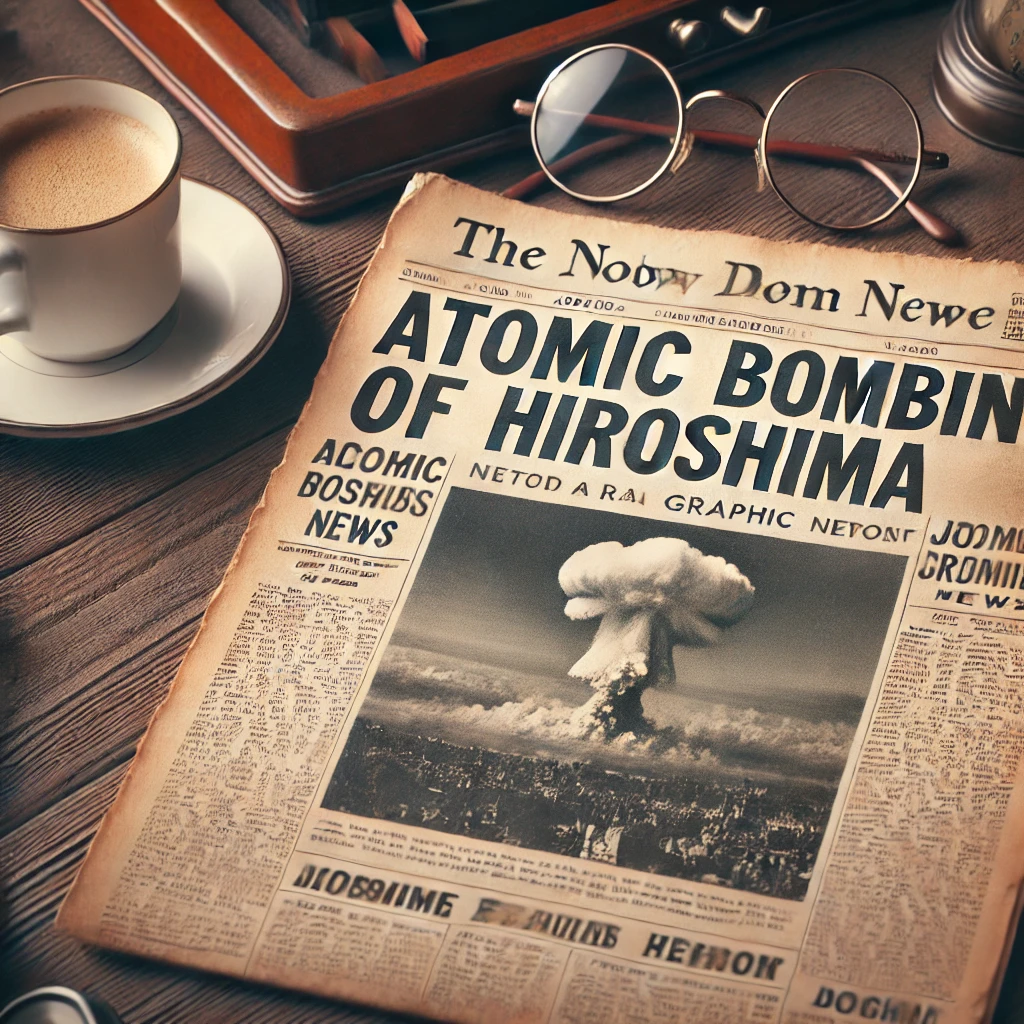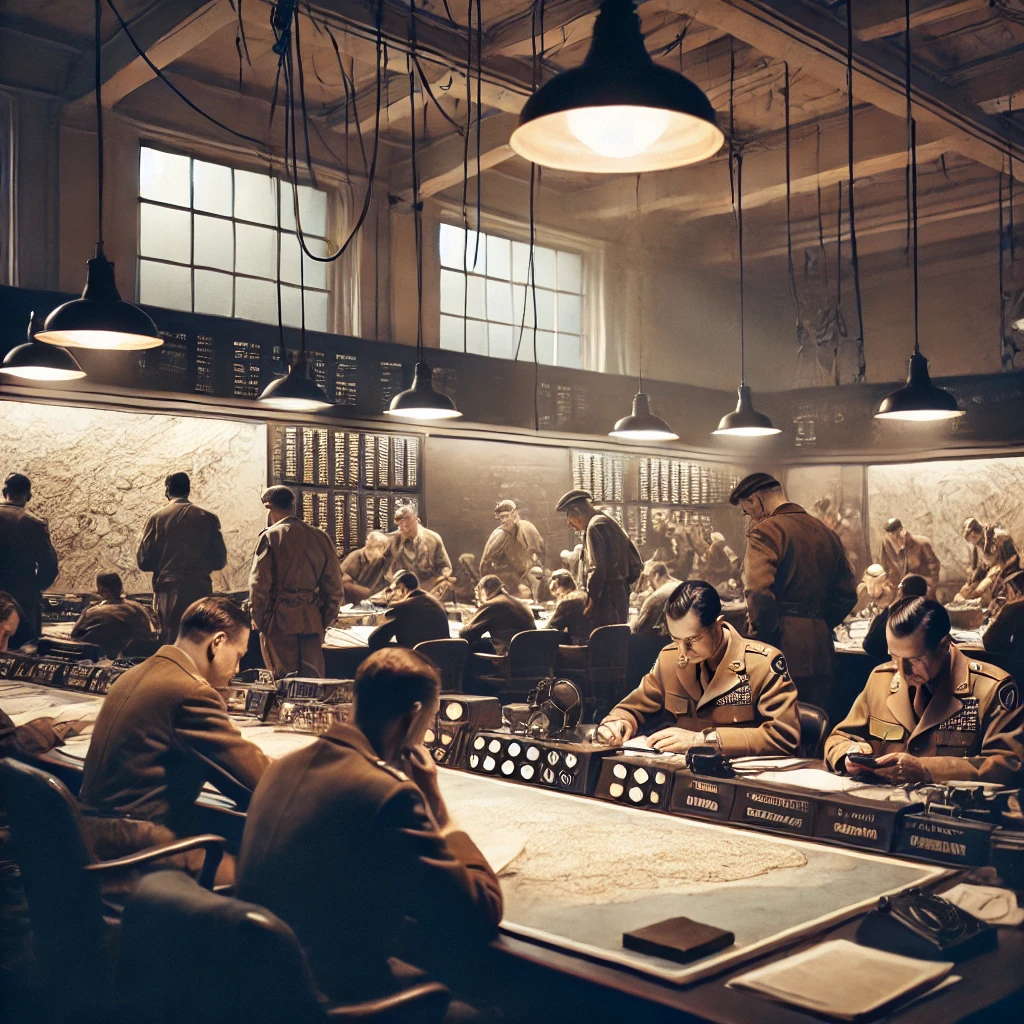On August 6, 1945, the American bomber Enola Gay dropped an atomic bomb on Hiroshima, Japan, marking one of the most significant and devastating events in modern history. The bomb, named “Little Boy,” exploded with a force equivalent to approximately 15,000 tons of TNT, obliterating much of the city and causing immense destruction. This event occurred during the final stages of World War II, as Allied forces sought to bring the conflict to a swift conclusion.
The decision to use the atomic bomb was made by President Harry S. Truman and his advisors, who believed that its deployment would lead to Japan’s unconditional surrender and thus shorten the war. The bombing of Hiroshima, followed by a second bombing on Nagasaki three days later, played a crucial role in Japan’s decision to capitulate, leading to the official end of World War II on August 15, 1945.

The Immediate Impact and Aftermath
The immediate impact of the atomic bomb on Hiroshima was catastrophic. The explosion resulted in the near-total destruction of the city, with an estimated 70,000 to 80,000 people killed instantly and many more injured or affected by radiation sickness. The blast and resulting fires flattened approximately 4.7 square miles of the city and left tens of thousands of survivors grappling with severe burns and injuries.
The aftermath of the bombing revealed the devastating power of nuclear weapons and their long-term effects on human health and the environment. Survivors, known as hibakusha, faced ongoing health issues, including radiation-related cancers and chronic illnesses. The destruction also highlighted the urgent need for international discussions on nuclear weapons and their role in global security.

The Legacy and Lessons Learned
The bombing of Hiroshima on August 6, 1945, has had a profound and enduring impact on global history and diplomacy. The event marked the beginning of the nuclear age, leading to the development and proliferation of nuclear weapons and shaping international relations and defense strategies for decades. The devastating consequences of the bombing underscored the need for arms control and non-proliferation efforts.
The legacy of Hiroshima is also preserved through various memorials and institutions dedicated to promoting peace and preventing the use of nuclear weapons. The Hiroshima Peace Memorial Museum and the Hiroshima Peace Memorial, both located in the city, serve as reminders of the horrors of war and the importance of striving for a world free from nuclear weapons. The annual observances and peace ceremonies held in Hiroshima continue to honor the memory of those who perished and advocate for global disarmament.

The bombing of Hiroshima on August 6, 1945, remains a pivotal moment in history, with far-reaching implications for warfare and international relations. The devastating impact on the city and its people highlighted the destructive power of nuclear weapons and catalyzed global efforts to address the challenges of nuclear proliferation and conflict. The legacy of Hiroshima serves as a solemn reminder of the consequences of war and the ongoing need for peace and diplomacy in the modern world.
